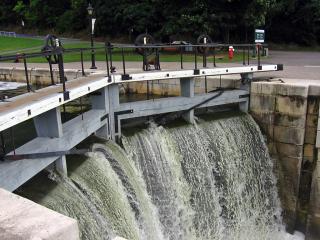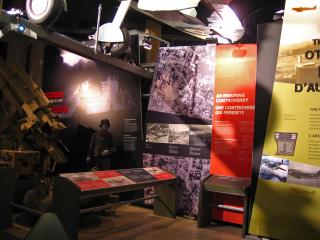Spam is terribly frustrating stuff, partly because of how it is inconvenient and partly because of how it is a cancer that wrecks good things. (See previous: 1, 2, 3) The ideal internet is a place of free and honest communication. Spammers create the need for extensive defenses and scrutiny which take time to maintain and diminish that openness and spontaneity.
If you think the spam in your email inbox is bad, just consider yourself lucky that you do not also have to deal with comment and trackback spam on two blogs, a wiki, YouTube videos, and a half dozen secondary places. There are even phony marketing bots on Facebook now: keep your eyes peeled for ‘Christine Qian’ and ‘her’ ilk.
In the end, while decentralized approaches to spam management are time consuming and annoying, they are probably better than centralized systems would be. With the latter, there is always the danger of the wholesale manipulation and censorship of what is able to find its way online, or be transmitted across the web.






